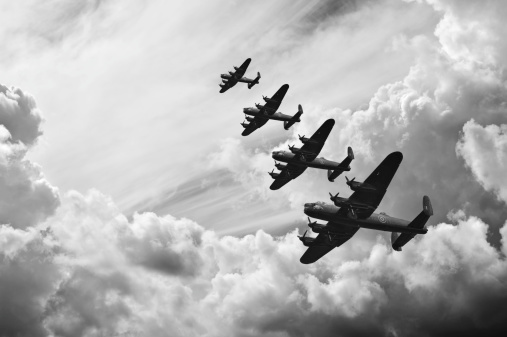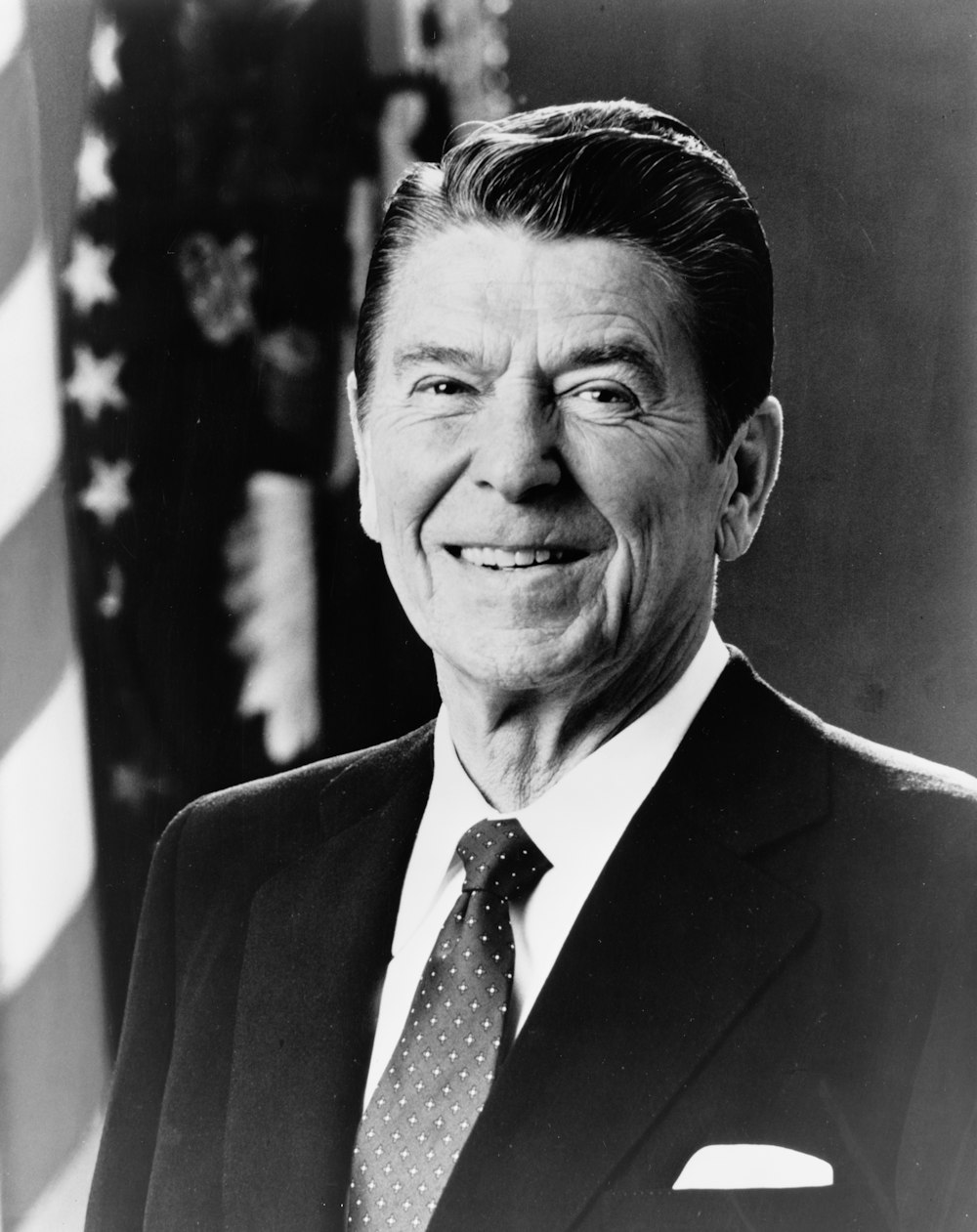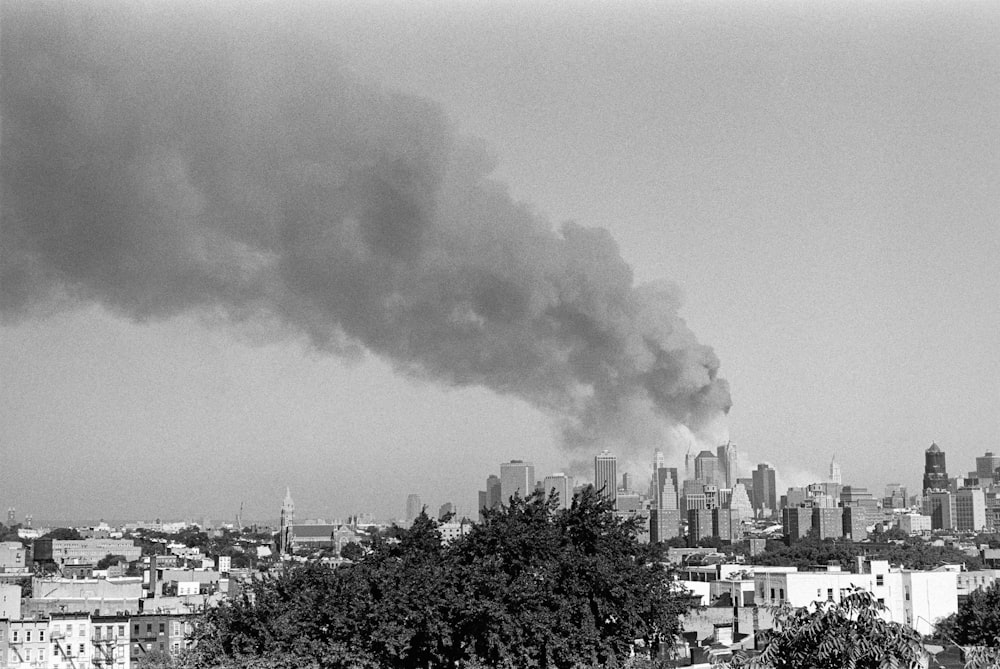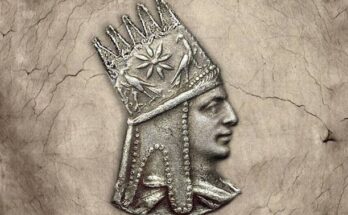Top historical occurrences you’ll never forget
Occasionally, something occurs that leaves a lasting impression. Some of the historical events does same. These historical occurrences are so crucial that they are internal to understanding of history.
Anyone may recall certain locations and activities when they first learned about certain historical events. These recollections are referred regarded as “flashbulb” memories because they were so significant and strong that they had the effect of a mental “flashbulb,” creating an image in your mind similar to a snapshot that you will always identify with that important historical event.
Setting foot on Moon: historical events
IMAGE CREDITS: Unsplash.com
It’s hardly unexpected that tragic events are more likely to startle and amaze people than pleasant ones, but terrible news and upsetting events frequently dominate flashbulb memories. Yet one memorable event is the moon landings in 1969. Nearly the entire nation—and a large portion of the rest of the globe, as well—stayed at home from work and school to watch the television transmission of Neil Armstrong and Buzz Aldrin exiting their lunar module and setting foot for the first time on the moon. It was a momentous occasion that demonstrated that nothing was impossible and that no desire was too huge for those in attendance. It was more than just a historic event. Children of a certain generation learnt that they could aim for the moon and succeed.
When Martin Luther King was assassinated: historical events
The 50th anniversary of Martin Luther King, Jr.’s death was recently marked. Generations of Americans have been motivated to struggle for civil liberties and human rights by Martin Luther King, Jr.’s legacy of nonviolent civil disobedience. On April 4, 1968, he was murdered in Memphis, Tennessee, and it appeared that the aspirations and goals of a whole movement were also dashed. When Martin Luther King was killed where were you? was a question that every American found themselves asking at the time.
When John F. Kennedy was assassinated
IMAGE CREDITS: Unsplash.com
When they learned that President Kennedy had been shot and killed by Lee Harvey Oswald, 95% of Americans who were older than 8 at the time can still recall where they were. Kennedy was a very well-liked president whose passing seemed to signify the passing of a zeitgeist as a whole and has been the focus of a plethora of conspiracy theories.
Sinking of Titanic: historical events
“The unsinkable ship” was the Titanic’s moniker in 1912. Everyone thought it couldn’t possibly sink, and that went for both England and America. No one was alarmed when word of the Titanic’s collision with an iceberg reached England, which increased the shock when it was revealed that the ship had sunk. The news that 1,517 individuals had died and only 700 had survived made early morning newspaper headlines, shocking and astonishing the entire nation.
Killing of Archduke Ferdinand
When Gavrilo Princip killed Archduke Franz Ferdinand of Austria in Sarajevo in 1914, it was dubbed “the shot heard around the world” and served as the ignition for World War I. Despite the fact that several members of the European aristocracy had been murdered in the months prior, it was Archduke Ferdinand’s death that had the greatest impact and the most vivid memory for people at the time. It is still referred to as a classic flashbulb memory even though many of the people who went through this are no longer alive.
End of WW2: historical events

IMAGE CREDITS: istockphoto.com
The British population became accustomed to the routine of a protracted, difficult war after anticipating its end by Christmas of 1914. Even though there had been reports of armistice negotiations, the actual ceasefire was somewhat unexpected. The entire United Kingdom, France, Belgium, and all of their allies rejoiced, celebrated, and felt relieved when the Armistice was announced at 11 a.m. on November 11, 1917. When the peace was announced Where were you? was a question that people from all around the world asked one another at the moment.
Pearl Harbour: historical events
America learned on December 7, 1941, that she may be attacked on her own grounds. It was “a date that will live in infamy,” in the words of the then-president Franklin D. Roosevelt, and it served as a rude awakening to the possibility of war for millions of Americans. The next day, America declared war on Japan.
9/11 attack on WTC: historical events
IMAGE CREDITS: Unsplash.com
Two aircraft colliding with the Twin Towers of the World Trade Center in New York City resulted in 2,606 fatalities and thousands more injuries, making it the deadliest terrorist assault to ever take place on American territory. Everyone who witnessed the frightening scene of the powerful towers disintegrating into ash has never forgotten it. It was aired over the world. 97% of People are able to recall precisely where they were and what they were doing.
The royal wedding
Prince Charles and Diana Spencer were married in 1981, and Prince William and Catherine Middleton were married in 2011, and both weddings were celebrated with a day off for the British people to take part in the festivities. More Americans, roughly 23 million, tuned in to see the coverage of Prince William and Kate Middleton’s royal wedding than are believed to have watched Prince Charles and Diana’s wedding, which drew an estimated 17 million viewers.
The Renaissance: historical events
A wonderful era in human history known as the Renaissance—a term that literally translates to “rebirth”—started in Florence, Italy, in the 14th century. And quickly swept throughout all of Europe. During the Middle Ages, there was a period of cultural, political, and economic regeneration. That featured the rediscovery of classical art, literature, and philosophy. This led to an enormous flood of innovative ideas that persisted until the 17th century. It was a shift away from fear and towards beauty, truth, and knowledge in general.
Invention of internet: historical events

IMAGE CREDITS: istockphoto.com
The US Department of Defence created ARPANET, the first functional prototype, in the late 1960s. Although the internet didn’t become widely used until later. The first message was sent across it from UCLA to Stanford on October 29, 1969. Stanford only received the first two letters of this message (“LOGIN”). Since the system broke while transmitting it: LO, which seems appropriate given that the word “lo” is an archaic term. It is used to bring attention to an astounding, fascinating thing: lo and behold!
Useful links:
Know some important moments of history by clicking here
Learn about top historic countries by visiting this site
See some famous civilizations throughout mankind








2 Comments on “Top historical occurrences you’ll never forget”